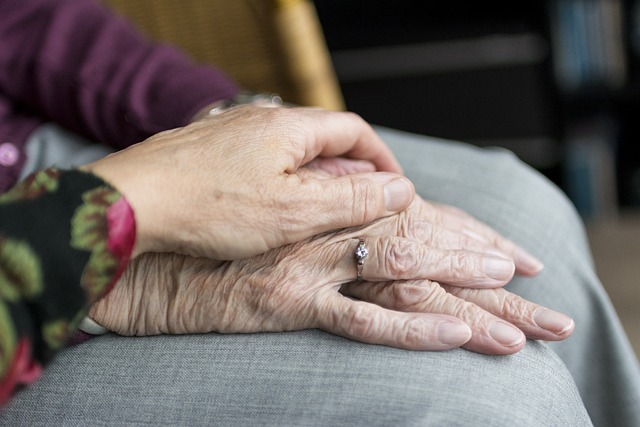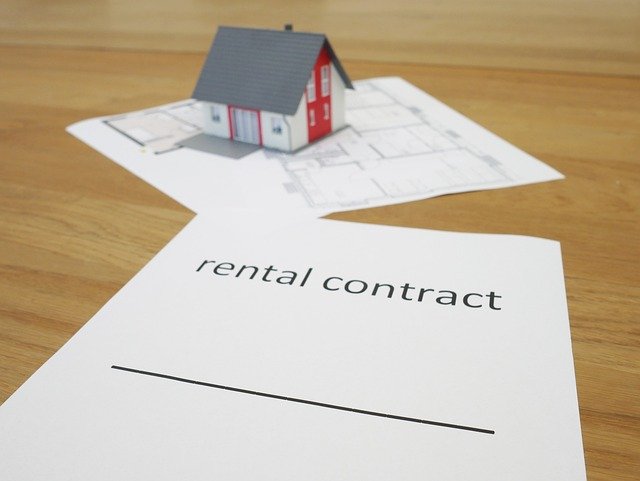Senior Daycare: Services, Benefits, and Choosing Care
Senior daycare provides structured daytime support for older adults who need supervision, social interaction, or help with daily activities while family caregivers work or rest. These programs vary from a few hours to full-day services and can be part of a broader care plan that complements in-home help or assisted living. Understanding what senior daycare offers, how it differs from other care models, and how to evaluate options helps families make informed choices for their elderly relatives.

This article is for informational purposes only and should not be considered medical advice. Please consult a qualified healthcare professional for personalized guidance and treatment.
What is senior daycare and who benefits?
Senior daycare centers are community-based programs that offer a combination of social activities, meals, supervision, and sometimes limited healthcare tasks during daytime hours. They are designed for seniors who are generally medically stable but may experience mobility issues, mild cognitive impairment, or chronic conditions that require monitoring. Benefits often include reduced isolation, structured daily routines, and respite for family caregivers. Daycare can be especially helpful for caregivers balancing employment and family responsibilities, or for older adults who need more stimulation than they receive at home.
How daycare supports elderly social and cognitive needs
A key role of daycare is promoting social engagement and cognitive stimulation. Staff-led group activities—such as light exercise, memory games, arts, and conversation groups—help maintain mental agility and emotional well-being. Regular interaction reduces loneliness, which is linked to poorer health outcomes among the elderly. Programs frequently offer meal services and transportation to support participation. While results vary by individual, many participants report improved mood and a clearer daily structure, which can reduce behavioral issues in people with early dementia or depression.
What caregivers do in a daycare setting
Caregivers in daycare centers include trained aides, activity coordinators, and sometimes licensed nurses. Their responsibilities typically cover supervising activities, assisting with personal care (toileting, eating, grooming), administering medications under established protocols, and monitoring changes in health or behavior. Staff-to-participant ratios and caregiver qualifications differ by program; centers should provide clear information about training, background checks, and emergency procedures. Family members should ask how caregivers communicate updates and coordinate with other healthcare providers to ensure continuity of care.
How healthcare and medical supervision work
Many senior daycare programs collaborate with healthcare professionals to deliver basic health monitoring, such as blood pressure checks, medication reminders, and wound care in some cases. More medically intensive needs usually require coordination with home healthcare agencies or clinic visits. If clinical services are part of a program, verify licensing and scope of care. Care plans should document health conditions, medications, and emergency contacts. Because individual medical needs vary, families should confirm what healthcare services are included and which require external providers or additional fees.
Finding local services, researching providers, and troubleshooting
When searching for daycare centers or local services in your area, compile a shortlist and visit each facility to observe staff interaction, cleanliness, and program schedules. Ask for references and sample activity plans. Online searches and review sites are useful but may encounter intermittent issues; for example, heavy traffic on provider portals or research tools can return errors such as Too Many Requests: . If that happens, retry after a short delay or contact the provider directly by phone. Keep a checklist of questions about caregiver qualifications, transportation, meal provision, cost structure, and how the center handles medical emergencies.
Conclusion
Senior daycare can be a practical component of a care strategy for elderly adults who need daytime supervision, social engagement, or light medical monitoring while offering respite to family caregivers. Evaluating programs involves reviewing caregiver qualifications, healthcare support, activity offerings, and practical considerations like transportation and communication with families. Because individual needs and program features vary, direct visits and conversations with staff are essential to match services to the elder’s needs.






